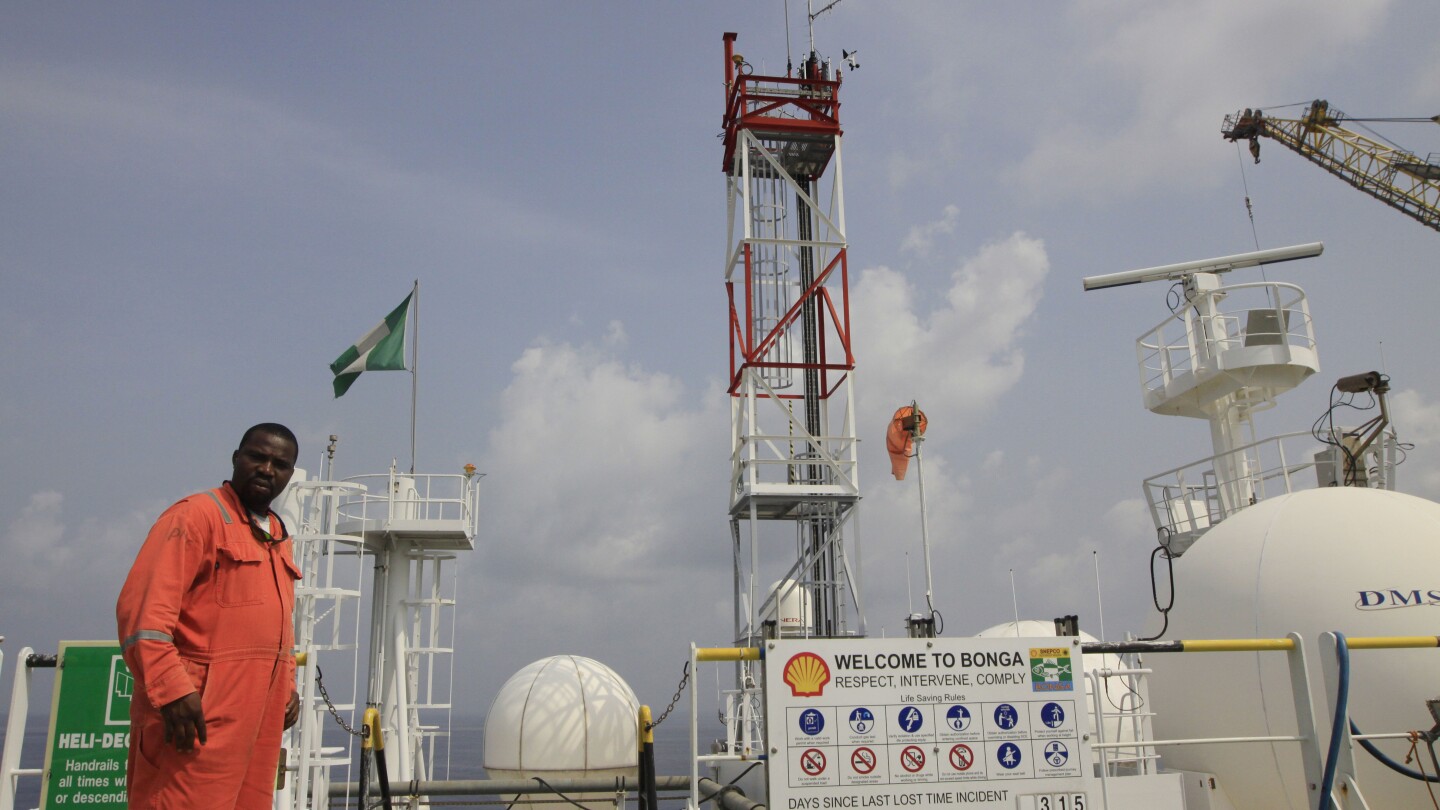Shell said Tuesday it agreed to sell its onshore business in Nigeria’s Niger Delta to a consortium of companies in a deal worth $2.4 billion, the latest move by the energy company to limit its exposure in the West African nation amid long-running complaints of environmental pollution caused by the oil industry.
Shell called it a way to streamline its business in a country it has operated in for decades, facing pushback about oil spills that have fouled rivers and farms and exacerbated tensions in a region that has faced years of militant violence.
“This agreement marks an important milestone for Shell in Nigeria, aligning with our previously announced intent to exit onshore oil production in the Niger Delta,” Zoe Yujnovich, Shell’s integrated gas and upstream director, said in a statement. This will help in “simplifying our portfolio and focusing future disciplined investment in Nigeria on our deepwater and integrated gas position.”
The buying consortium is Renaissance, which consists of ND Western, Aradel Energy, First E&P, Waltersmith and Petrolin, Shell said. After an initial payment of $1.3 billion, the London-based energy giant said it would receive an additional $1.1 billion.



This is the best summary I could come up with:
ABUJA, Nigeria (AP) — Shell said Tuesday it agreed to sell its onshore business in Nigeria’s Niger Delta to a consortium of companies in a deal worth $2.4 billion, the latest move by the energy company to limit its exposure in the West African nation amid long-running complaints of environmental pollution caused by the oil industry.
The assets that Shell is selling are largely owned by the Nigerian government’s national oil company NNPC, which holds a 55% stake.
Activists in the Niger Delta, where Shell has faced decadeslong local criticism to its oil exploration, plan to ask the government to withhold its approval if the company does not address its environmental damage.
However, pollution from oil and natural gas production has prevented residents from accessing clean water, hurt farming and fishing, and heightened tensions.
Militants have exploited the situation, and at one time almost halted the oil industry with attacks on facilities and kidnappings of foreign citizens for ransom before a government amnesty package.
Despite joint military operations and a government benefits program for former militants that accompanied the amnesty deal, the Niger Delta remains volatile.
The original article contains 579 words, the summary contains 186 words. Saved 68%. I’m a bot and I’m open source!